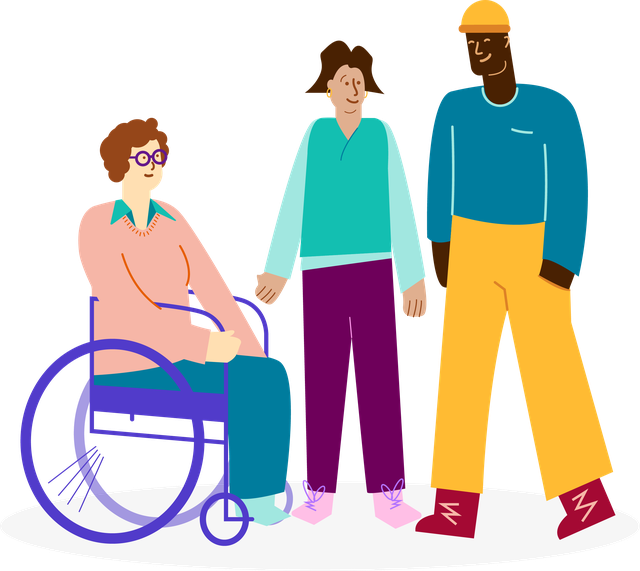Last year, Oasis Community Housing commissioned research by Northumbria University to understand the links between trauma and homelessness and the impact of trauma on the ability to resolve homelessness and make use of various interventions.
Here Luke Elton, Oasis Community Housing’s Head of Service Improvement, reflects on what’s been learned.
Before we began our research, we asked our frontline staff about their understanding of trauma, what they felt it meant for them and those we support, and about how well-equipped they felt they were to deliver a trauma-informed approach. As we progressed with the research, we were deliberate about creating spaces for debrief with our frontline staff, who were leading the engagement, around the issues being brought up. We knew that our research and campaign needed to be coupled with a commitment to reflect on and develop our own response to trauma.
Below I describe a couple of ways in which we’re developing our response.
Reflective practice
Reflective practice can support good caseload management, staff wellbeing and the embedding of desired ways of working. At the eve of our research, we found that reflective practice wasn’t consistently being carried out in our services. Staff told us about challenges protecting time in busy environments and in building confidence and engagement.
To address this, we identified a team of facilitators from within our services, opting to build our capacity in-house so it could be responsive and sustainable. The team of facilitators accessed training on facilitation, and then we established a steering group to support the aim of embedding reflective practice across the organisation. The steering group has really helped us build and maintain momentum. It gives us space to support each other, helps to keep us accountable and navigate capacity challenges, and promotes constant learning.
Reflective practice looks different in each of our services. It has been important that services make reflective practice work for them.
Trauma-informed ways of working
Through our research, we wanted to understand how physically and emotionally safe people feel when accessing services. We wanted to know whether people feel listened to and in control of their support. We know that these things don’t happen by accident and we’ve been intentional about further engagement with our staff and the people we support.
Well-meaning support interventions can be re-traumatising. We’ve been told by the people we support about the anguish of ‘having to repeat [their] story again and again’ during assessments. A member of one of our co-production groups told us how professionals have ‘wound [him] up more while trying to calm [him] down’ during discussions we have held to support the co-design of training for our staff on managing conflict and aggression. Property checks can be triggering. One former resident told us that loud knocks on his door from staff made him instantly fearful and aggressive, as he shared details about the sorts of traumatic experiences that unsolicited knocking on the door had preceded throughout his life.
The people we support also continue to tell us about how impactful a trauma-informed approach can be. A new resident in one of our projects said that he ‘thought it would be intimidating in here’ but that he ‘felt safe straight away and slept for 12 hours’. A gentleman accessing one of our drop-in services said he felt ‘safe, listened to and welcome’ coming in for the first time after finding himself in crisis. Sometimes, subtle adjustments to how we work can make all the difference for how a person experiences what we’re doing. Contracting is key. We can ask people what they need from us, or what they might want to share with us, to help keep them and others safe. The phone call or intercom buzz in advance of the knock on the door for the flat check can really change the experience of an interaction.
Our intention for the year ahead is to continue to reflect on how we work and consider how we can ensure our policies and processes are appropriately trauma-informed. Commitment to co-production will continue to be invaluable as we share responsibility for how we develop our response with those accessing our services.
We know that trauma plays a significant role as a cause of homelessness, and also that trauma can make it difficult for people to move on from homelessness. It follows that we, as organisations supporting those experiencing homelessness, should all commit to do what we can to be trauma-informed in how we work.
We have a lot more to do at Oasis Community Housing, but I hope this description of some elements of our journey can provide some food for thought and encouragement for others who are embarking on or thinking about a similar journey themselves.

